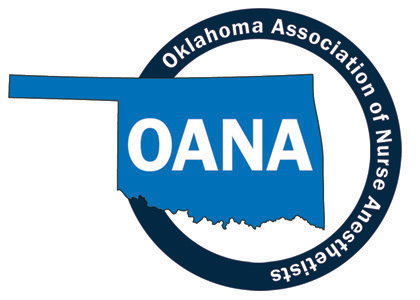PATIENT SAFETY IS OUR BUSINESSDo you want more information about CRNAs and how we keep patients safe? WHAT IS A CERTIFIED REGISTERED NURSE ANESTHETIST (CRNA)?Nurse anesthesia is an advanced clinical nursing specialty. CRNAs safely administer more than 34 million anesthetics each year in the United States, according to the AANA 2012 Practice Profile Survey. Read More WHAT IS ANESTHESIA?Anesthesia is freedom from pain. Each year, millions of people in the United States undergo some form of medical treatment requiring anesthesia. Anesthesia, in the hands of qualified professionals like Certified Registered Nurse Anesthetists (CRNAs), is a safe and effective means of alleviating pain during nearly every type of medical procedure.Anesthesia care is not confined to surgery alone. The process also refers to activities that take place both before and after an anesthetic is given. ARE THERE DIFFERENT TYPES OF ANESTHESIA?There are three basic types of anesthesia: WILL MY NURSE ANESTHETIST STAY WITH ME THROUGHOUT MY SURGERY?Your nurse anesthetist stays with you for the entire procedure, constantly monitoring every important function of your body and individually modifying your anesthetic to ensure your maximum safety and comfort. WHAT IS THE ROLE OF AN INDIVIDUAL CRNA?
A CRNA takes care of a patient’s anesthesia needs before, during and after surgery or the delivery of a baby by:
DO NURSE ANESTHETISTS ADMINISTER PAIN CARE MANAGEMENT?Yes. The most common chronic care services provided by CRNAs, such as anesthetic injections near nerves, effectively reduce a patient's need for prescription narcotics and opioids. Chronic intractable pain afflicts more than 100 million Americans and costs the United States over $600 billion per year. CRNAs are specifically trained and qualified to treat pain patients. Patients referred to a CRNA for pain care can be confident that their experience will be safe and appropriate. It may even change their quality of life for the better.
HOW DOES A NURSE BECOME A CRNA?A nurse attends an accredited nurse anesthesia education program to receive an extensive education in anesthesia. Upon graduation, the nurse must pass a national certification exam to become a CRNA. For additional information on the universities around Oklahoma that offer these programs, click here. WHAT ARE THE REQUIREMENTS FOR ADMISSION TO A PROGRAM?The requirements for admission are:
FOR MORE INFORMATION: |
